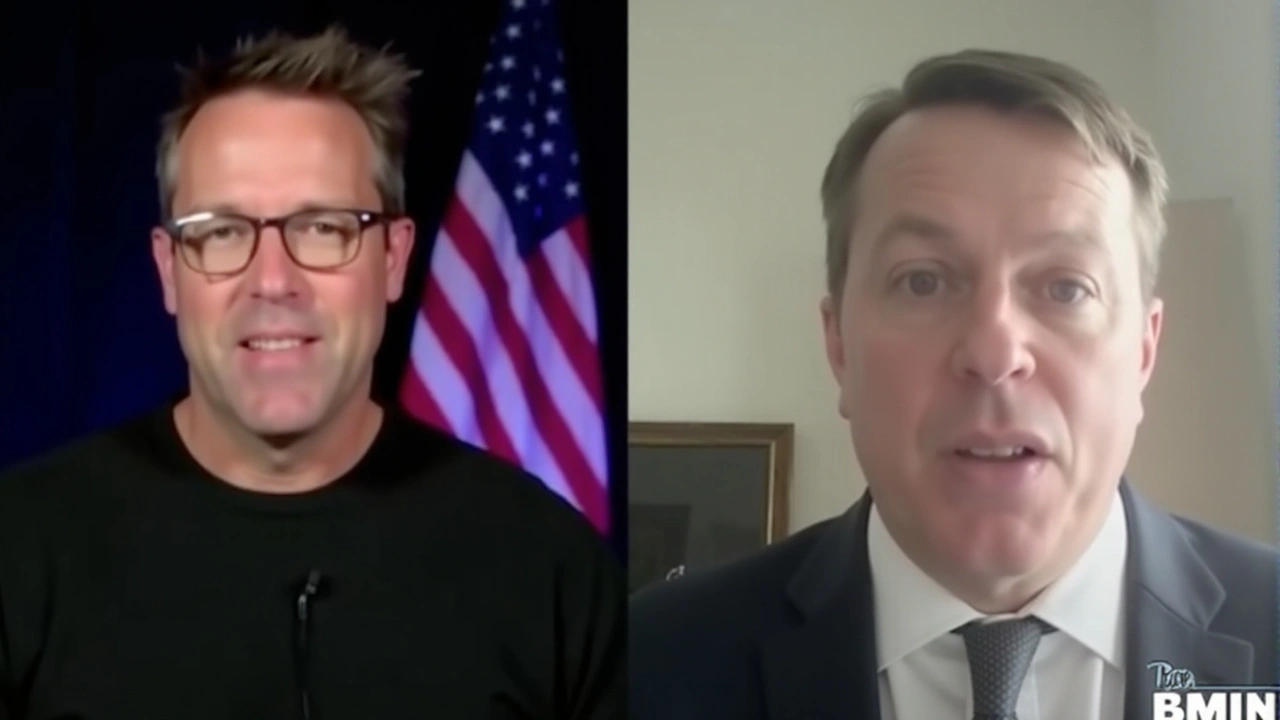Attorney General: What the Office Does and Why It’s in the Headlines
Who is the Attorney General and why do their actions show up in major news stories? If you follow trials, cabinet changes, or corruption probes, the Attorney General’s office often sits at the center. This page explains the role in plain terms and points to why recent cases matter to everyday people.
What an Attorney General actually does
Think of the Attorney General as the government’s top lawyer and often the lead public prosecutor. In some countries they advise the state on legal matters. In others they direct criminal prosecutions and decide whether to charge people. That means they can approve or stop major cases—like murder trials, corruption probes, or claims against public officials.
They also set prosecution priorities. If the office focuses on corruption, you’ll see more investigations into public servants. If it focuses on violent crime, then murder and robbery cases get more attention. The job mixes law, policy and political pressure. That’s why independence matters.
Why recent headlines feature the Attorney General
High-profile examples make the role easy to spot. When a defence lawyer or prosecutor faces threats, the Attorney General’s office often becomes part of the story because it carries the case forward. Cases like the Senzo Meyiwa murder trial highlighted how prosecutors and advocates can face threats and public pressure while handling sensitive evidence and accusations.
When judges face tribunals or misconduct claims, the Attorney General’s office may advise on legal standards or on whether to pursue criminal charges. Look at Judicial Conduct hearings: they focus on accountability and can lead to legal action if misconduct crosses into crime.
Politics shows up too. Cabinet changes or dodged investigations often link back to legal advice from the Attorney General. That’s why a firing or a resignation can shift how cases progress and what the public learns.
So what should you watch for in news about the Attorney General?
- Major charging decisions—these change the course of high-profile cases.
- Public statements on corruption or police conduct—signals about priorities.
- Interactions with other institutions like police, the judiciary, and parliament—these show power balance.
- Any claims of interference or threats—these can affect fairness and safety.
Want to follow developments without getting lost? Pick trusted local outlets that report court filings and official statements. Read the actual court orders or charge sheets when possible. And watch how politicians, police, and judges respond—those reactions tell you if the rule of law is holding up.
The Attorney General shapes which cases move forward and how the state enforces the law. That’s why the office matters far beyond legal rooms: it affects justice, corruption fights, and public trust. Keep an eye on formal filings and official comments to see what really matters.
